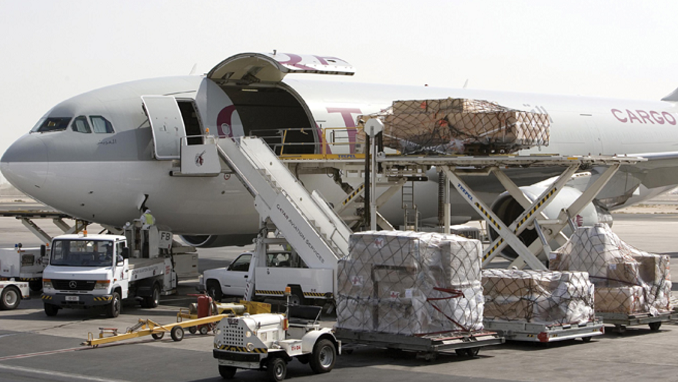The International Air Transport Association (IATA) says African airlines recorded a 1.4 percent fall in cargo demand in 2022.
The association disclosed this in a report released on its website recently.
Demand for air cargo is generated when there is a need for expeditious movement of material and goods between two points. Air cargo is typically a costly option.
In IATA’s latest report, the association said in 2022 full year, African airlines reported a 1.4 percent decline in demand compared to 2021.
Advertisement
It also reported a 10 percent decrease in cargo demand and a 1.3 percent increase in cargo capacity.
“African airlines reported a decrease in demand of 1.4 percent for global and international demand in 2022 compared to 2021 and an increase in capacity of 0.3 percent (-0.2 percent for international operations),” IATA said.
“Compared to 2019 (pre-COVID levels), demand was 8.3 percent above (+9.4 percent for international operations) and capacity was down 15.3 percent (-14.2 percent for international operations).
Advertisement
“In December, airlines in the region posted a 10.0 percent decrease in demand for both global and international operations compared to 2021. Capacity grew 1.3 percent (+0.2 percent for international operations) during the same period.”
Willie Walsh, IATA’s director-general, explained that the continuous measure by various government to fight inflation by cooling economies is expected to cause further decline.
“In the face of significant political and economic uncertainties, air cargo performance declined compared to the extraordinary levels of 2021. That brought air cargo demand to 1.6 percent below 2019 (pre-pandemic) levels,” Walsh said.
“The continuing measures by key governments to fight inflation by cooling economies are expected to result in a further decline in cargo volumes in 2023 to -5.6 percent compared to 2019.
Advertisement
“It will, however, take time for these measures to bite into cargo rates. So, the good news for air cargo is that average yields and total revenue for 2023 should remain well above what they were pre-pandemic.
“That should provide some respite in what is likely to be a challenging trading environment in the year ahead.”
Add a comment







